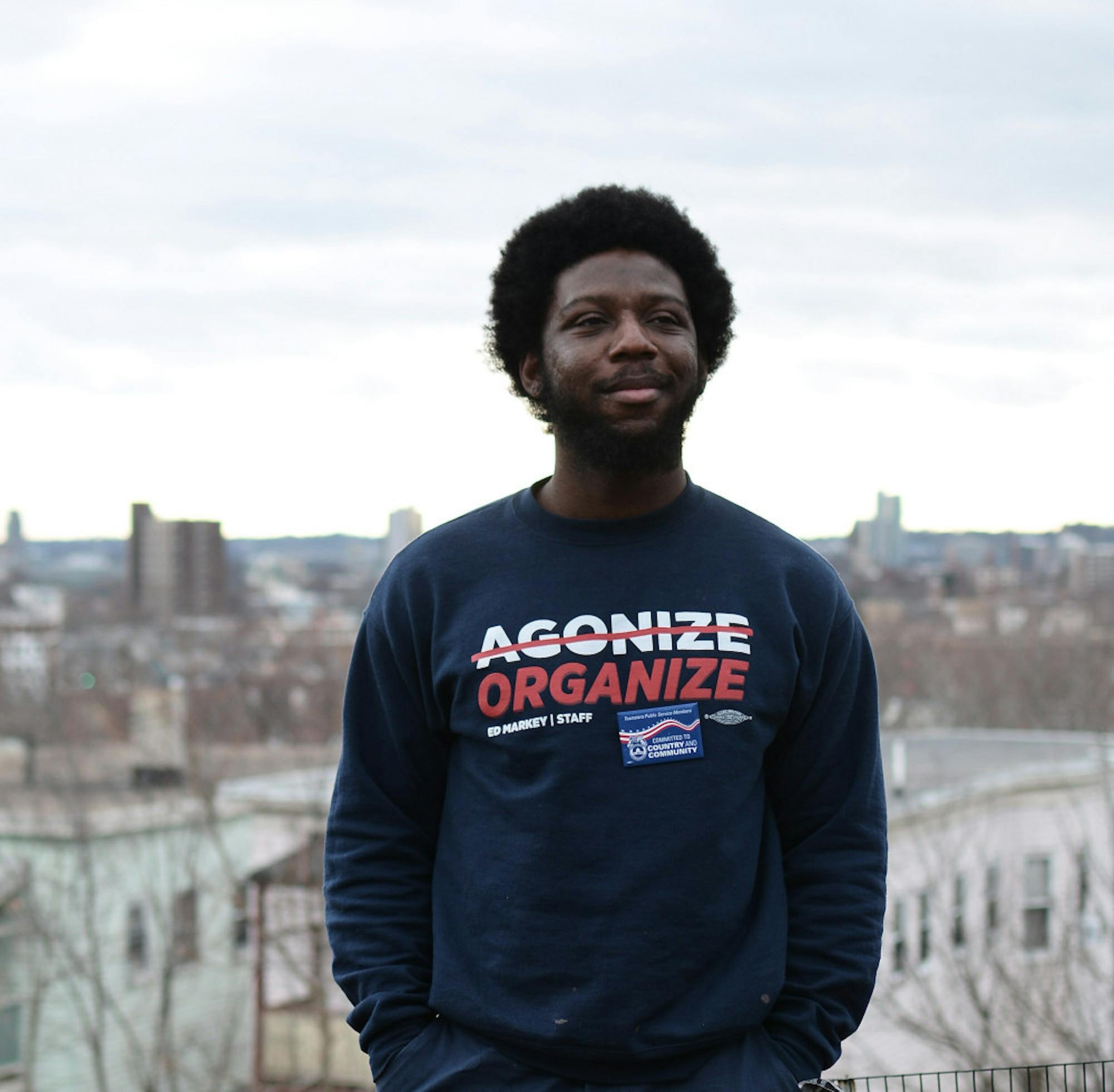Somerville City Councilor At-Large Willie Burnley Jr. introduced a resolution on Sept. 22 that calls upon President Biden to remove Cuba from the State Sponsor of Terrorism List and pressure Congress to end the “failed policy of regime change.” Similar resolutions have been introduced by Cambridge, Boston and the town of Brookline in the past year.
Cuba is the subject of a U.S. embargo that has persisted since the Cold War. This blockade has made economic growth, cultural exchange, travel and immigration extremely difficult between the two countries in decades since.
Cuba has faced debilitating poverty since the Cold War, which Associate Professor of Political Science Consuelo Cruz, who specializes in Latin American and comparative politics at Tufts, says reflects the embargo's severe repercussions. Cruz also connected the summer 2021 protests in Cuba to the longstanding blockade.
“You got to see how impoverished the Cuban population is,” Cruz said. “Not only were they met with horrible repression and really beaten back and forced into place, but you also got to see how they live. They barely survived. There is malnourishment, there is scarcity and … it’s a very dire way to live. … The blame for this should not be placed at the feet of the U.S. government's policy, but the policy doesn't help.”
Burnley Jr. witnessed this poverty firsthand on his delegation trip to Cuba with the nonprofit Witness For Peace, which inspired him to introduce this resolution.
“The premise of the trip was going to learn about the Cuban systems — health care, education systems — and to learn about how policy happens in Cuba,” Burnley Jr. said. “[We] really saw up close and personal, the impacts of the blockade on all of those systems as well as on people's daily lives … Every day had some small or large reminder of the U.S. impacts on Cuba.”
Somerville Ward 3 City Councilor Ben Ewen-Campen, who co-sponsored the resolution, explained that its goal was to join other municipalities in moving towards the normalization of U.S.-Cuba relations.
“Our goal here was to join with dozens of cities around the country that are voicing our support for ending the embargo and for facilitating a real relationship between the United States and Cuba,” Ewen-Campen said. “I think the goal of resolutions like this is to contribute to a kind of national conversation. … I think it's important to try to specifically do it strategically with other cities, at a time when we feel like large decisions are being made and when there is momentum.”
Lifting the Cuban embargo could have important repercussions in the cities of Somerville and Boston as well as the country more broadly. Burnley Jr. noted the potential for collaboration opportunities with Cuba in the area's burgeoning biotechnology industry. He also mentioned that a loosening of restrictions to better resemble U.S. policy during Barack Obama’s presidency could lead to innovation.
“There have been scientific companies in Cuba that have worked with companies in the greater Boston area, and look towards new medical advancements they could collaborate on,” Burnley Jr. said. “In Cuba, they have access to a lung cancer vaccine, a brain cancer vaccine, a diabetes treatment, none of which Americans have. … These are exactly the types of contributions that will advance for our country as well as people around the world, but it's going to take collaboration and the sharing of expertise to do that.”
While the lifting of the blockade could have positive impacts for cities like Somerville and it represents an advancement of human rights-forward policy, some political stakeholders in the United States might respond negatively. Cruz noted that ending the embargo could have repercussions that play out in future elections, especially in states with large Cuban-American populations such as Florida and New Jersey, who tend to vote Republican.
“The electoral power of local groups in Miami … and parts of New Jersey … is very very strong,” Cruz said. “Even Democrats at the state level in Florida are urging Biden to be careful and to tread lightly.”
Burnley Jr. noted that Tufts has a central position in this conversation as one of the largest institutions in the Somerville community. He stated that the experiences of Tufts students and researchers affiliated with the university are diminished by the embargo.
“If there are students who want to go to Cuba right now, … it’s very difficult,” he said. “One of the ways that we can push the United States government is by saying, ‘We, as American citizens, want freedom of movement. We want freedom of education. We want to be able to collaborate with people who we can learn from and who can learn from us.’… And hopefully, by more folks standing up and taking a stance on this issue, we can have a more equitable and just reality in the future.”






